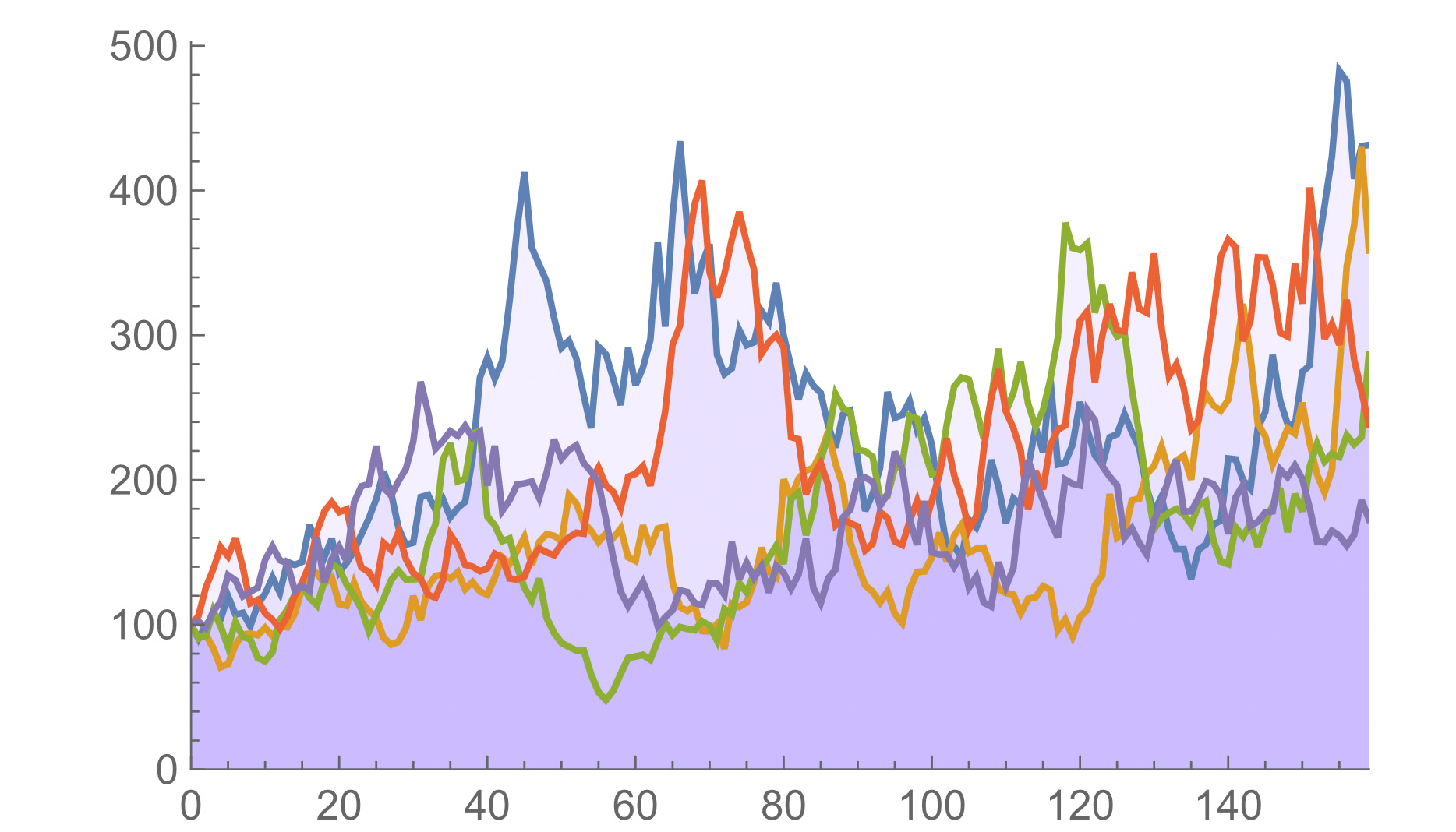
An example of mean-reverting random walks used to model many financial and economics processes.
Programme Outcomes
Upon successful completion of this programme, graduates are able to:
Programme Aims
The aims of the programme are to:
Careers and Further Studies
The graduates will be qualified to start careers as financial analysts, research associates, quantitative traders, actuaries etc. Further, the graduates will possess a competitive set of skills for jobs in other sectors where quantitative analysis and data-handling are vital.
Minimum Entry Requirements
Applicants for admission to first degree programmes must satisfy the following minimum entry requirements:
Programme Entry Requirements
The minimum admission requirements for this programme are:
In addition to the above entry requirements, a minimum of Credit Six in Mathematics at GCE ‘O’ Level or equivalent is required for admission to this programme.
Programme Structure